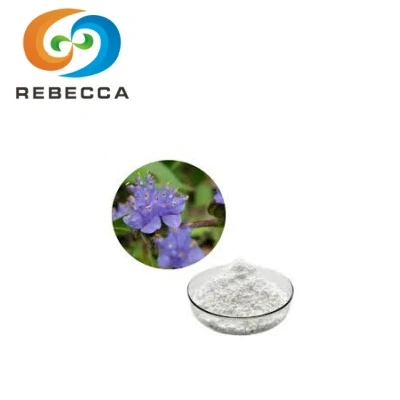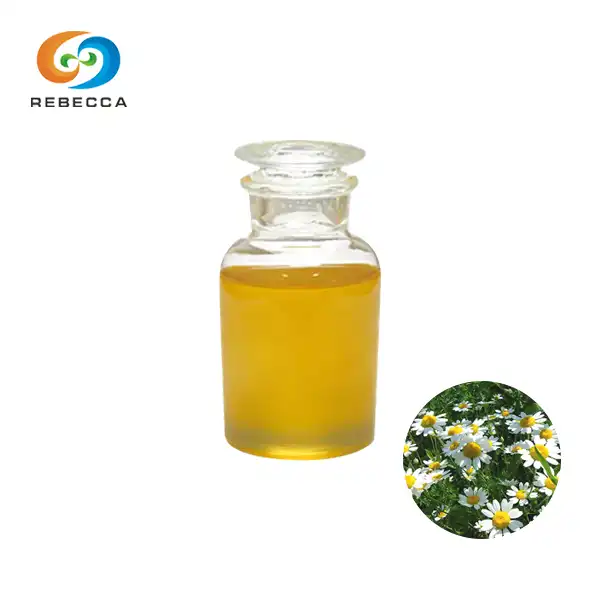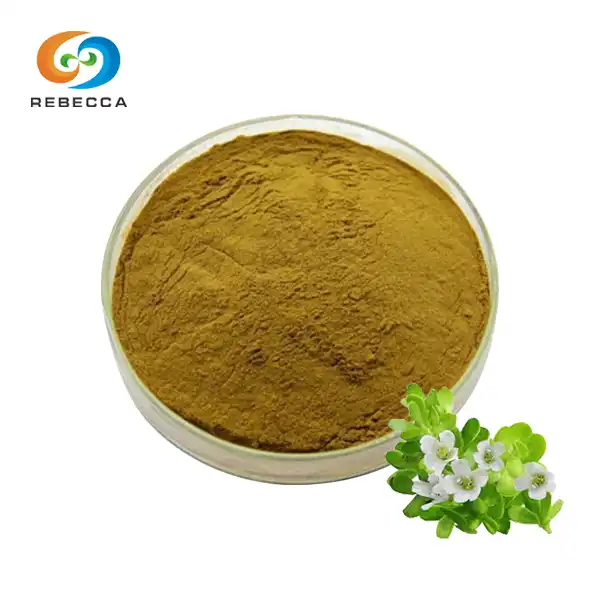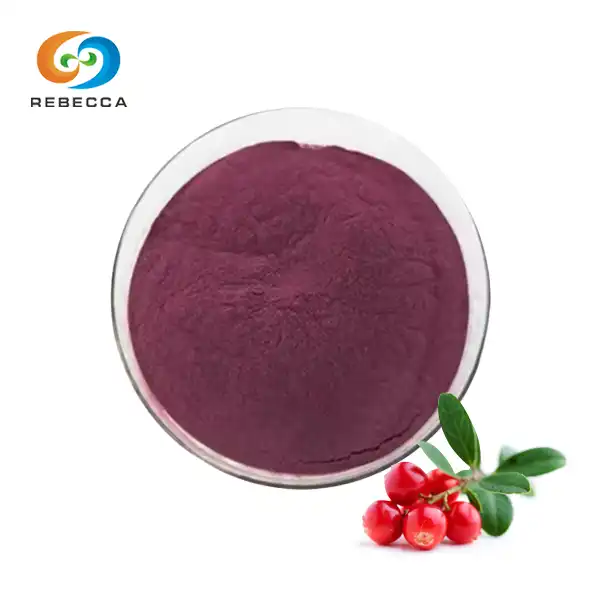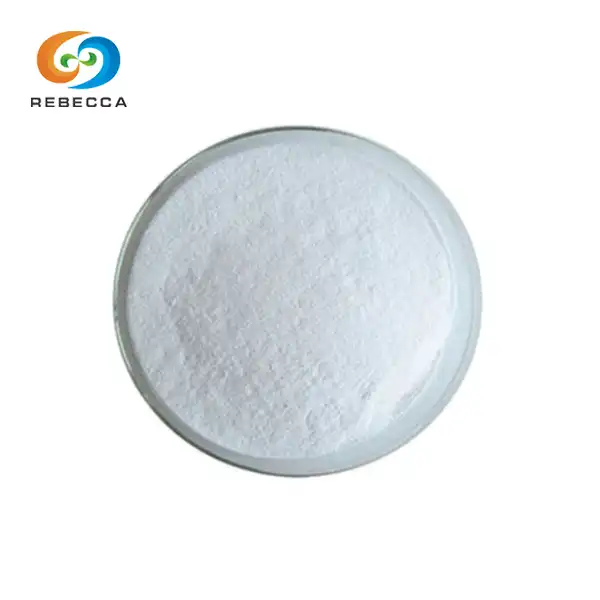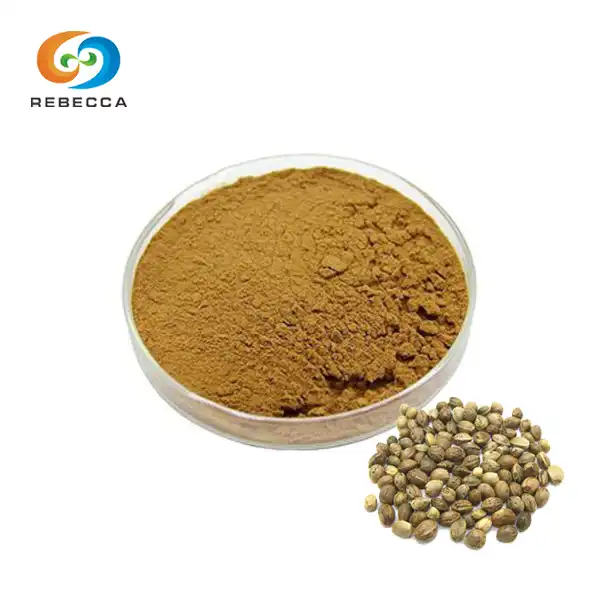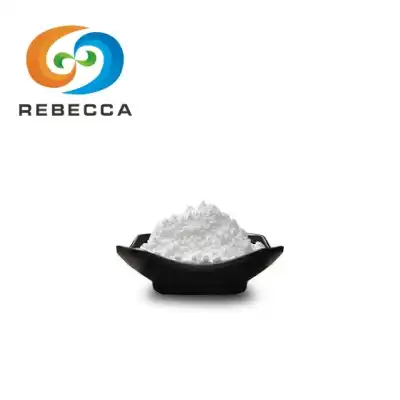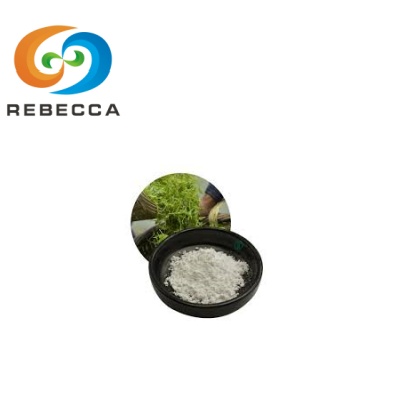How long does turmeric last in your system?
Turmeric, the vibrant yellow spice derived from the Curcuma longa plant, has been celebrated for centuries in traditional medicine and culinary practices. At the heart of its reputed health benefits is curcumin extract powder, the concentrated form of its primary bioactive compound, curcumin. As interest in natural supplements grows, many wonder: how long does turmeric, specifically its key component curcumin, actually stay in the human body? Understanding the pharmacokinetics of curcumin can help optimize its use for potential health support. This article explores the duration of curcumin's presence in the bloodstream, its metabolic pathways, and how its biological effects may extend beyond its short-lived circulation
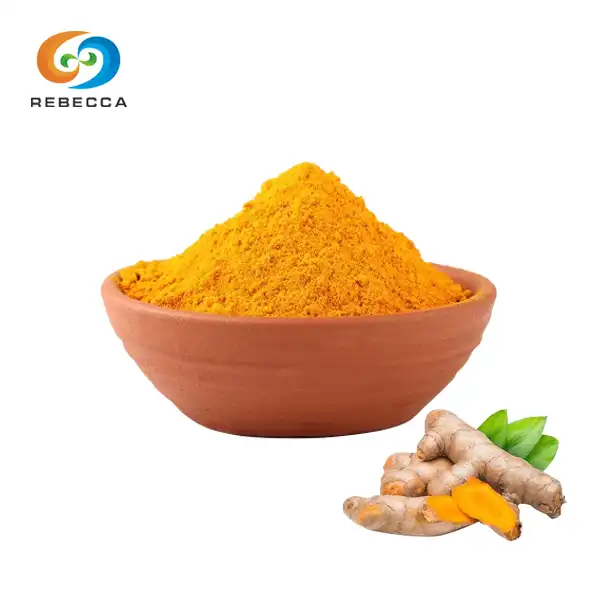
【English name】: Curcumin
【Latin Name】: Curcuma longa L.
【CAS No.】: 458-37-7
【Molecular Formula】: C21H20O6
【Active ingredients】: Curcumin, demethoxycurcumin, bisdemethoxycurcumin.
【Specification】: 10%~ 95% CP/EP/USP
【Use Part】 : Subterranean rhizome
【Appearance】: Orange yellow powder
【Mesh size】:80 Mesh
【Test Method】: HPLC
Blood Presence & Half-Life
When you consume curcumin extract powder—whether through supplements, golden milk, or spiced dishes- the journey of curcumin begins with absorption in the gastrointestinal tract. Unlike water-soluble compounds, curcumin is fat-soluble, which influences how it travels through the body. After oral ingestion, curcumin levels in the blood reach their peak concentration within 1 to 2 hours, but this peak is relatively low due to the compound's poor bioavailability. Bioavailability refers to the proportion of a substance that enters the bloodstream and becomes available for biological activity, and curcumin's is notoriously low, typically less than 5%, due to rapid metabolism and limited solubility in water.
The biological half-life of curcumin in the bloodstream is approximately 1 to 2 hours, meaning half of the absorbed curcumin is eliminated from the blood within this timeframe. This short half-life is a result of two primary processes: first-pass metabolism in the liver, where the compound is converted into more water-soluble conjugates like glucuronides and sulfates, and efficient excretion by the kidneys. While this might seem like curcumin doesn't stay in the body long, studies indicate that pairing curcumin with piperine, the active compound in black pepper, can enhance its bioavailability by up to 20-fold. Rebecca Bio-Tech's curcumin extract powder, which undergoes rigorous HPLC testing to ensure purity, can be formulated with such absorption-enhancing agents to maximize its effects.
Individual variations in metabolism also play a role. Factors like age, overall health, and liver function can alter how quickly curcumin is broken down. For example, individuals with impaired liver function may experience slightly prolonged circulation times, though the difference is generally minimal. Research published in the Journal of Alternative and Complementary Medicine notes that even with these variables, curcumin's blood levels remain transient, highlighting the need for consistent intake to maintain potential benefits.
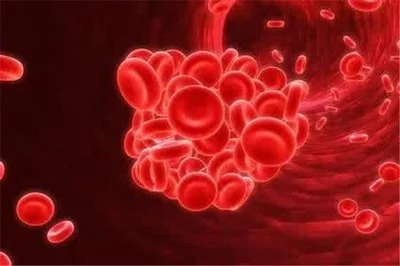
Metabolism & Excretion
Once curcumin enters the body, it undergoes extensive metabolism, primarily in the liver and intestinal mucosa. The liver's cytochrome P450 enzymes, particularly CYP3A4 and CYP1A2, are responsible for oxidizing curcumin into its conjugated forms. These metabolites are then transported to the kidneys for urinary excretion or into the bile for elimination via the intestines. Approximately 60% of a curcumin dose is excreted in the feces within 24 hours, with the remaining 30% appearing in urine over the same period. This rapid elimination via both pathways explains why curcumin does not accumulate significantly in tissues even with regular consumption.
The composition of curcumin extract powder also impacts metabolism. Rebecca Bio-Tech's extract contains not just curcumin, but also its analogs demethoxycurcumin and bisdemethoxycurcumin, which together form the curcuminoid complex. Each of these compounds has a slightly different metabolic fate, though all share the same low bioavailability and rapid excretion profile. Studies using radiolabeled curcumin have shown that even trace amounts of these compounds are efficiently cleared, with no evidence of long-term retention in vital organs.
Dietary fat can influence both absorption and metabolism. Consuming curcumin with a fatty meal or lipid-based formulation (such as oil suspensions) improves its solubility, leading to higher peak blood levels compared to ingestion on an empty stomach. This is why many supplements pair curcumin with healthy fats or piperine. However, even with these enhancements, the fundamental metabolic processes—oxidation, conjugation, and excretion—remain unchanged, ensuring that the body processes curcumin efficiently without significant residual buildup.
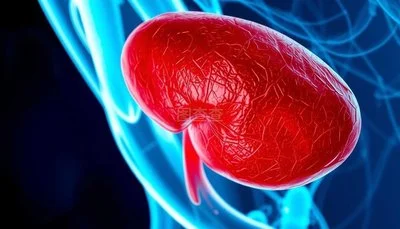
Biological Effects vs. Presence
While curcumin's presence in the bloodstream is fleeting, its impact on cellular pathways may extend beyond its short half-life. Curcumin is a potent modulator of inflammatory and oxidative processes, interacting with dozens of molecular targets such as nuclear factor kappa-B (NF-κB), cyclooxygenase-2 (COX-2), and various antioxidant enzymes. These interactions can trigger long-lasting changes in gene expression and protein activity, even after curcumin levels in the blood have declined.
For example, a study in Pharmacological Research found that a single dose of curcumin suppressed NF-κB activity in immune cells for up to 8 hours, despite undetectable blood levels after 4 hours. This suggests that the biological effects of curcumin may persist longer than its physical presence, thanks to its ability to initiate cascades of cellular responses. Such effects are thought to underlie curcumin's potential benefits for joint health, brain function, and systemic inflammation, where consistent daily intake is often recommended to maintain cumulative effects.
It's important to distinguish between the compound's pharmacokinetics (how the body processes it) and its pharmacodynamics (how it affects the body). While curcumin may not “stay” in the traditional sense, its ability to influence signaling pathways means its benefits could be sustained through regular use. This is particularly relevant for Rebecca Bio-Tech's curcumin extract powder, which offers standardized concentrations (10% to 95% curcuminoids) to ensure consistent dosage and predictable biological interactions. The subterranean rhizome source and 80-mesh particle size of the powder also enhance dissolution, supporting optimal absorption and cellular engagement.
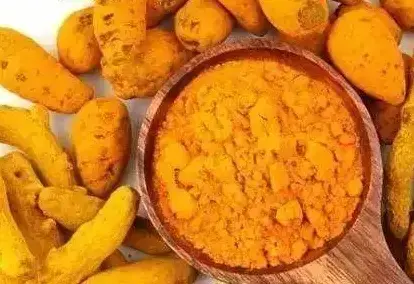
Rebecca Curcumin Extract Powder
Understanding how curcumin moves through the body helps us appreciate the value of high-quality, standardized extracts like those from Rebecca Bio-Tech. Our curcumin extract powder is derived from the subterranean rhizome of Curcuma longa, ensuring purity and potency. With active ingredients including curcumin, demethoxycurcumin, and bisdemethoxycurcumin, and a specification range of 10% to 95% CP/EP/USP, our product meets the highest international standards. The orange-yellow powder, tested via HPLC for accuracy, is available in 80 mesh for easy formulation into supplements, functional foods, or beverages.
While curcumin's presence in the blood is transient, its potential health benefits are most effectively realized through consistent use of a reliable extract. Rebecca Bio-Tech's commitment to quality ensures that each batch delivers the stated curcuminoid content, supporting both research and commercial applications. Whether you're formulating a dietary supplement or exploring natural ingredients for functional products, our curcumin powder provides the foundation for safe, effective formulations.
For more information on how Rebecca Bio-Tech's curcumin can enhance your products or research, or to place an order, please reach out to us at information@sxrebecca.com. Our team is dedicated to providing science-backed ingredients and exceptional service, helping you unlock the potential of curcumin for wellness.
References
- Journal of Alternative and Complementary Medicine. "Pharmacokinetics of Curcumin in Healthy Volunteers: Effect of Piperine on Absorption."
- Pharmacological Research. "Curcumin and Its Metabolites: Pharmacokinetics and Biological Activity."
- Food and Chemical Toxicology. "Safety and Metabolism of Curcumin: A Critical Review."
